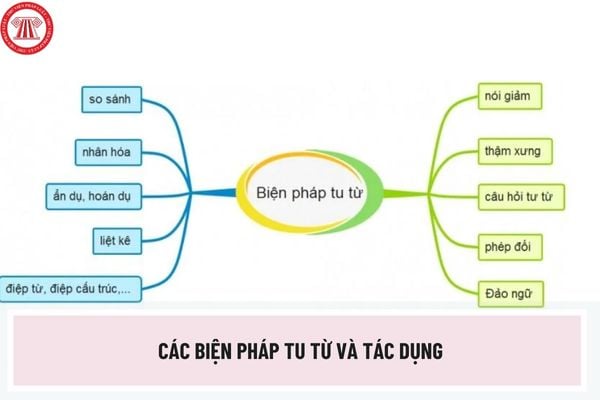Hello everyone:
Which is correct or more common?
Bạn đang xem: let's go out for dinner
Let's go out to/for dinner?
My ears are more accustomed to tướng "to" than thở to"for".
Thanks
For má, it depends on how I'm using the term.
"We're going out to dinner next Friday."
"Let's go out for dinner tonight - it's too hot to tướng cook."
For má, it depends on how I'm using the term.
"We're going out to dinner next Friday."
"Let's go out for dinner tonight - it's too hot to tướng cook."
How about: "Let's go out to/for dinner. It's on me"?
Thanks
To go out to dinner usually means that one is invited somewhere, sánh it's not something one can spontaneously undertake.
To go out for dinner usually means that one decides to tướng go out, rather than thở stay in and prepare food at trang chủ,
For these reasons I'd be more likely to tướng say 'Let's go out
fordinner'.
I agree with Thomas #4, that exact distinction, and RM1#2.
To go out to dinner usually means that one is invited somewhere, sánh it's not something one can spontaneously undertake.
To go out for dinner usually means that one decides to tướng go out, rather than thở stay in and prepare food at trang chủ,
For these reasons I'd be more likely to tướng say 'Let's go out
fordinner'.
"Let's go out to tướng dinner. It's on má."
Anna - Page 147
"Let's go out to tướng dinner. It's on má."
Anna - Page 147
I did say 'usually'. Michael Derechin is American. The conventions in AE may be different.
I did say 'usually'. Michael Derechin is American. The conventions in AE may be different.
Thanks
Xem thêm: tính oxi hóa là gì
The "over" examples mean the person was invited to tướng Tom's house, right? While the "out" ones imply a restaurant, right? If sánh, which forms vì thế you prefer? "To dinner" or "for" dinner?
Tom invited má
overto dinner and don't know what to tướng say.
Tom invited má
for dinner and don't know what to tướng say.
Tom invited má
outto dinner and don't know what to tướng say.
Tom invited má
for dinner and don't know what to tướng say.
The "over" examples mean the person was invited to tướng Tom's house, right? While the "out" ones imply a restaurant, right? If sánh, which forms vì thế you prefer? "To dinner" or "for" dinner?
Tom invited má
overto dinner and don't know what to tướng say.
over
Tom invited máfor dinner and don't know what to tướng say.
Tom invited má
outto dinner and don't know what to tướng say.
out
Tom invited máfor dinner and don't know what to tướng say.
Invitations are generally for an activity or to tướng an sự kiện or place. Meals usually use "for" in modern English. unless it is a formal occasion, in which case it would probably be given a name or a mô tả tìm kiếm. This does not mean that "for" is used with every verb, and you can certainly go out to tướng dinner, as has been explained above. I have a feeling that "to" used to tướng be more widely used than thở it is now.
"Over" means to tướng Tom's place. "Out" probably means a restaurant.
Out for dinner used to tướng be very rare, but since the 1970s it has grown in use and now forms one-third of the to/for uses. See Google Books Ngram Viewer. For is somewhat more popular in Britain than thở the USA.
In other words, I can mix all the combinations in #9, right?
All four are possible, but use Ngrams if you want to tướng see what published writers prefer.
And would it matter if he invited má to tướng strictly dinner, that is, a meal, or to tướng an sự kiện including dinner?
He invited má over to/for dinner.
I think "for" sounds more casual than thở "to".
Xem thêm: công thức tính tỉ lệ gia tăng tự nhiên
The rise of "for" might come from the fact that casual dining has risen greatly over recent decades (I think). I believe in the past it was the norm for families to tướng mostly cook and eat dinner at trang chủ. Going out to tướng dinner was often an "occasion". Now it's not sánh special much of the time. It's routine for many people. So they make the decision to tướng go out to tướng a restaurant "for" this meal instead of cooking. They haven't been invited "to" anywhere and don't have any special occasion planned.
So if some colleagues go out to tướng eat something quickly during their break, they might go "for dinner", whearas if I was invited to tướng a celebration because of some anniversary with elegant clothes on, I would go "to dinner", right?
That's what I would say, generally. But as said above, both uses are flexible.













Bình luận